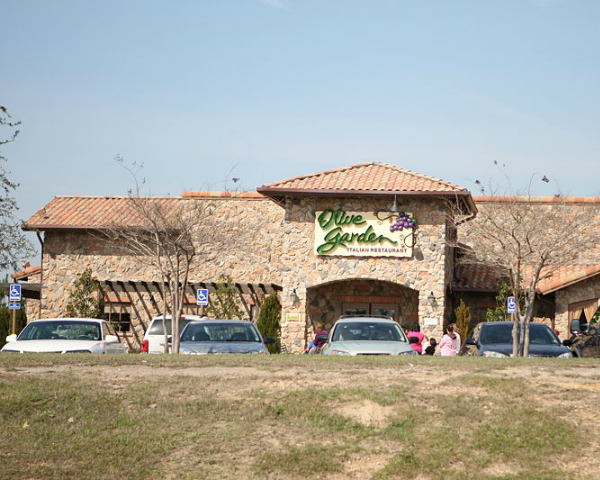IRS Ruling Has Restaurants Reconsidering Automatic Tips
A change to the way the IRS categorizes "automatic gratuities" could have many restaurants dropping the practice entirely.
Automatic gratuities are commonly applied to bill for large parties to prevent people from stiffing the servers at the end of the night and make sure the servers' salaries are in line with minimum wage laws, but this year the IRS has started categorizing those automatic gratuities as wages, not tips.
According to TaxFoundation.org, under the new rules, to be considered a tip, a payment must:
- Be made free from compulsion.
- The customer must have unrestricted right to determine the amount.
- The payment must not be the subject of negotiation or dictated by employer policy.
- Generally, the customer has the right to determine who receives the payment.
Under the new rules an automatic 18-percent gratuity added to parties of six or more would be considered a service charge, not a tip, which means it would have to be processed through the restaurant's payroll system and factored into hourly wage rates. That could mean that servers would have to wait two weeks for payment, instead of being able to take home cash at the end of the night.
According to the Wall Street Journal, some restaurants are dealing with the change by doing away with automatic service charges. Texas Roadhouse started phasing out automatic gratuities earlier this year. In July, Darden Restaurants—owner of Olive Garden, Longhorn Steakhouse and Red Lobster—stopped automatically applying an 18% tip to parties of eight or more in 100 of its restaurants. Instead, it tried out a system of printing suggested tip amounts of 15%, 18% and 20% on all bills. The Orlando Business Journal reports that the "suggested tip" test is complete, and Darden will be eliminating the automatic 18% gratuity chainwide as of January 6.
